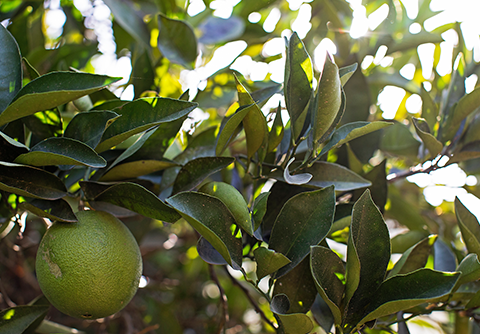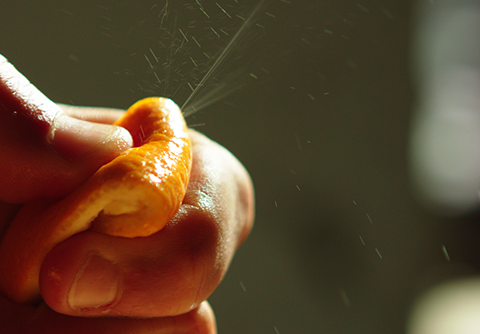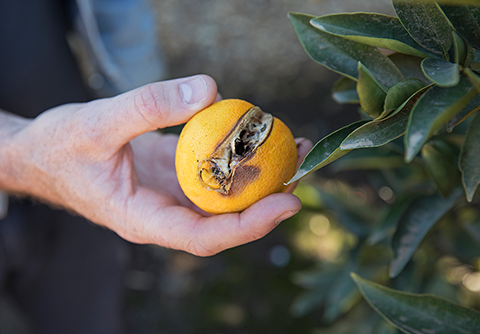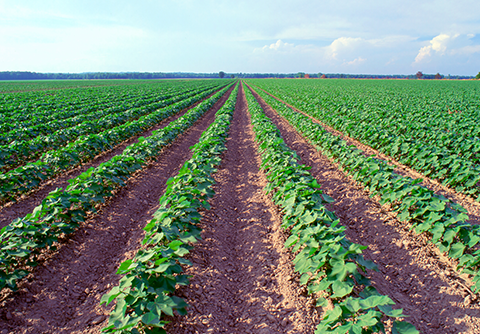
Boron: helping feed the world
Boron, the fifth element in the periodic table, is incredibly versatile. Rio Tinto mines boron-containing minerals called borates from its operations in California. From here, the company supplies boron around the world into a wide range of end-use applications that make modern living possible.
 Boron is vital for “fruit setting” – the process by which flowers turn into fruit
Boron is vital for “fruit setting” – the process by which flowers turn into fruit
The element of growth
Boron’s used in everything from ceramics and insulation to wind turbine blades and smartphone screens. In agriculture, it’s a crucial “micronutrient”, essential to plant development and growth. Boron helps fortify plants’ cell walls, and it’s vital for healthy root growth and for “fruit setting” – the process by which flowers turn into fruit.
 Boron is vital for “fruit setting” – the process by which flowers turn into fruit
Boron is vital for “fruit setting” – the process by which flowers turn into fruit
Put simply, without boron, crops don’t grow properly. Boron deficiency can stunt plant growth, reduce seed and grain production and cause the skin of fruit crops to split. In all cases, this means lower yields.
 Boron deficiency in citrus fruit can cause the skin to split, as the inside grows faster than the outside.
Boron deficiency in citrus fruit can cause the skin to split, as the inside grows faster than the outside.
While all soils naturally contain boron, the element is often depleted during the growing season. Some crops, like coffee, cotton, alfalfa and grapes, remove significant amounts of boron from the soil. Today – together with zinc – it is the most common micronutrient deficiency worldwide.
Precision agriculture
As the global population increases, and the availability of new farmland decreases, agriculture needs to become more efficient. Fertilisers need to reach the plants they’re intended for, so neither are they wasted, nor do they run off into rivers, lakes and seas. And greater care must be taken of the soil.
For its agricultural customers, Rio Tinto refines its minerals into boron-rich micronutrient products that are certified organic and can be used for “precision agriculture” – where water and nutrients are simultaneously delivered to crops, meaning nothing is wasted.
Learn more about how boron is helping feed the world
 While all soils naturally contain boron, the element is often depleted during the growing season.
While all soils naturally contain boron, the element is often depleted during the growing season.


